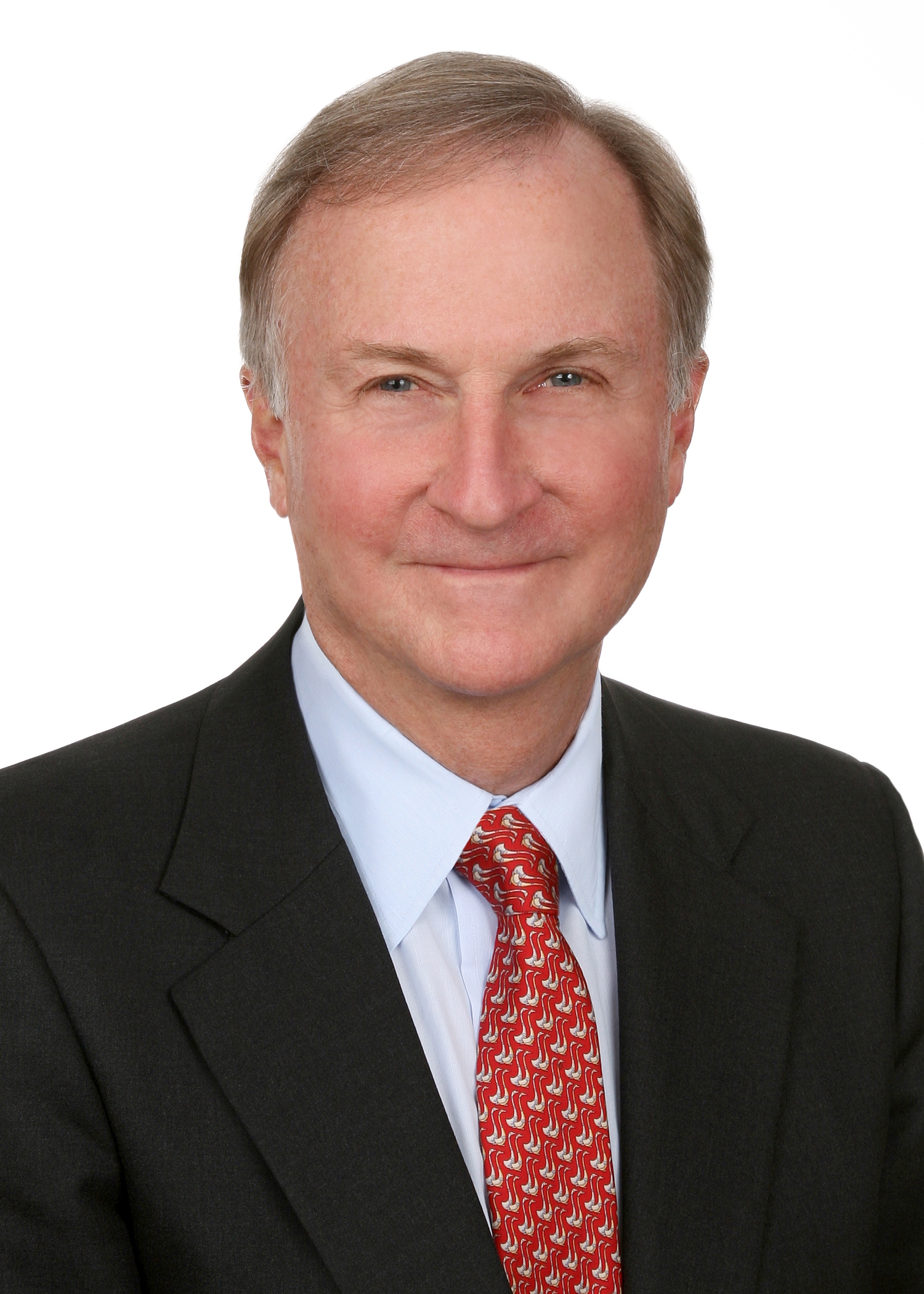Chairman of accounting oversight board discusses the audit profession, proposed regulations and current challenges
April 29, 2014
|
Mays Business School
On April 15, James Doty discussed a range of audit topics with a standing-room-only group of Mays faculty, staff and PPA students in Ray Auditorium. As the SEC-appointed chairman of the Public Company Accounting Oversight Board (PCAOB), Doty leads an organization with two primary responsibilities to promote investor protection: 1) to oversee the audits of public companies in order to protect the interests of investors and further the public interest in the preparation of informative, accurate and independent audit reports; and 2) to oversee the audits of broker-dealers, including compliance reports filed pursuant to federal securities laws.
Doty, speaking for himself and not for the PCAOB or the Board as a whole, briefly recapped for students the origins of the PCAOB, a nonprofit corporation established by Congress through the Sarbanes-Oxley Act of 2002 (SOX), which required that auditors of public companies that trade in the U.S. markets be subject to external and independent oversight for the first time in history. “In the wake of the catastrophic failures of landmark companies such as Enron and WorldCom,” Doty noted, “the Congress recognized that successful capital markets required independent oversight of the auditors on whom investors rely.”
Doty noted that when investors trust that auditors exercise “independence and professional skepticism” to ensure that financial statements are presented fairly and accurately at the companies they audit, public companies benefit from a reduced cost of capital. He said that the auditor must answer a fundamental question when auditing a company: “Did the company fairly and accurately represent its financial and operating reality?”
Doty and the PCAOB are proposing changes to expand the value of the auditor’s report to investors to include a discussion of critical audit matters. “If the auditing profession simply perpetuates the status quo and does not permit change to adapt to investors’ needs, it may lead to over-routinization and commoditization,” Doty said. “In this sense, auditors need change just like professionals in other lines of work.”
In response to students’ questions, Doty discussed the European reforms that impose a mandatory audit firm rotation schedule. The PCAOB issued a concept release in 2011 on auditor independence and audit firm rotation, an issue that has received significant resistance from some in Congress, preparers and accounting firms thus far. “Boards of Directors are increasingly considering limits on the length of time that a firm should audit the same company’s books,” he said. “There’s long been a view among investors that a set of fresh eyes every so often will see the same company in new ways and with greater objectivity, and that will work to the benefit of everyone.”
Doty also provided professional advice to the Mays accounting students: “Always be alert to risks and disconfirming evidence, and bring a real sense of purpose to your jobs. You should always remember that your work can help prevent the next Enron by ensuring better conduct in board rooms and in presidents’ offices throughout our country and across the globe.”



